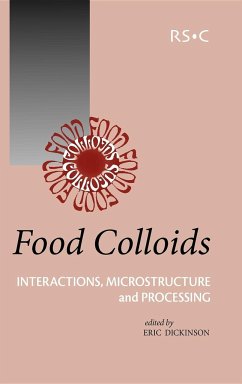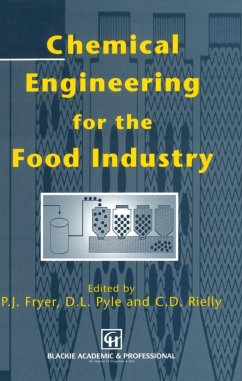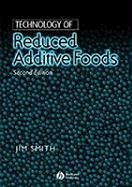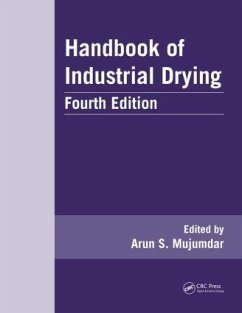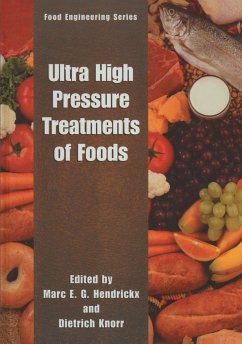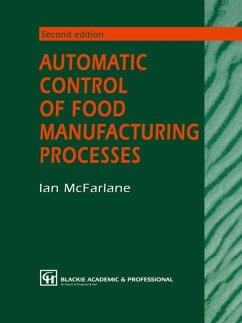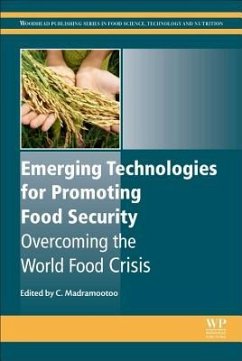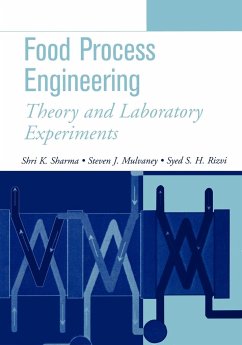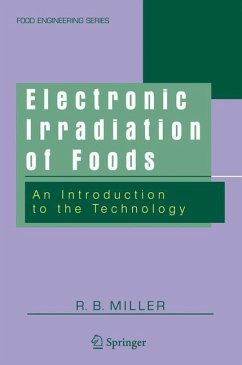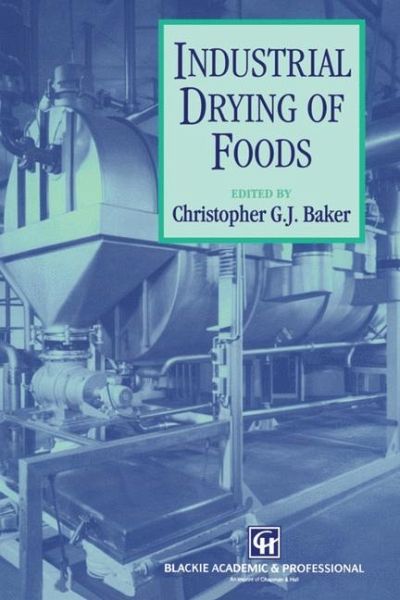
Industrial Drying of Foods
Versandkostenfrei!
Versandfertig in 6-10 Tagen
113,99 €
inkl. MwSt.

PAYBACK Punkte
57 °P sammeln!
Drying is traditionally defined as that unit operation which converts a liquid, solid or semi-solid feed material into a solid product of significantly lower moisture content. In most, although not all, cases it involves the application of thermal energy, which causes water to evaporate into the vapour phase. In practice, this definition encompasses a number of technologies which differ markedly in, for example, the manner in which energy is supplied to the foodstuff and in which product is transported through the dryer. Depending on the dryer type, the residence time may vary from a few secon...
Drying is traditionally defined as that unit operation which converts a liquid, solid or semi-solid feed material into a solid product of significantly lower moisture content. In most, although not all, cases it involves the application of thermal energy, which causes water to evaporate into the vapour phase. In practice, this definition encompasses a number of technologies which differ markedly in, for example, the manner in which energy is supplied to the foodstuff and in which product is transported through the dryer. Depending on the dryer type, the residence time may vary from a few seconds to several hours. Dryers designed to handle liquid feedstocks are naturally quite different from those intended to process moist solids. Even within these two broad categories, however, many distinct varieties of dryer have evolved to meet specific process ing needs. The dryer is frequently the last processing stage in the manufacture of a dehydrated food product. As such, it may not onlybring about the desired reduction in moisture content but may also have a significant effect on a number of other properties, such as flavour, colour, texture, viability, and nutrient retention, for example. These properties, which are generally considered to affect the perceived quality of the end product, are often influenced by the temperature- moisture content-time profiles experienced by the foodstuff as it moves through the dryer. The underlying chemistry and physics are highly complex and, broadly speaking, only poorly understood.





